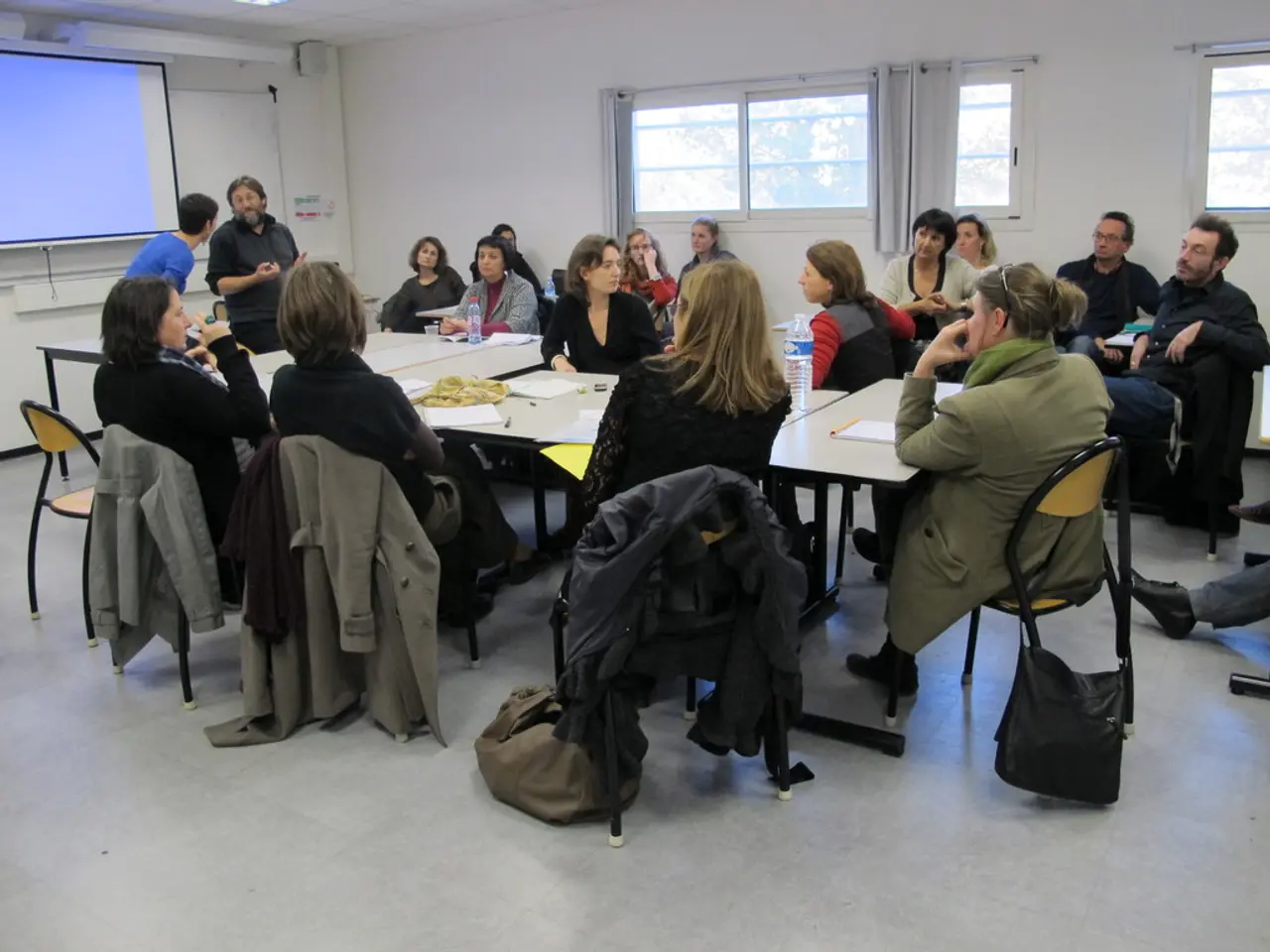Impact of Identity in Pursuing DClinPsy Programs
In the realm of clinical psychology, personal and social identities play a significant role in shaping the experiences, sense of belonging, and professional identity development of aspiring psychologists. For individuals from underrepresented or marginalized groups, these identities can pose challenges such as stigma, bias, and lack of understanding, which may affect their access, retention, and success in the field.
Personal and social identities, such as race, ethnicity, gender, and socioeconomic background, impact clinical psychology aspirants by influencing their self-concept and professional identity — the sense of belonging to and legitimacy within the profession. The Social Identity Theory explains that one derives self-worth from group affiliations like professional identity, which can foster resilience and confidence against stigma. However, people from underrepresented groups often face systemic and interpersonal barriers.
These barriers include a lack of cultural understanding and validation from educators or clinicians, which can hinder their educational and professional progress. For instance, a Black male psychologist noted challenges such as being perceived as a threat due to his education and experiencing lack of cultural empathy from therapists. This underscores the importance of cultural competence and the recognition of diverse lived experiences in clinical training to ensure inclusivity and support.
Marginalized individuals may also struggle with being overlooked for opportunities in academia and employment due to bias, affecting their career advancement. To overcome such challenges, integrating personal identities (rooted in resilience, values, and lived experiences) with professional roles is crucial. This identity integration helps redefine perceptions based on strengths rather than stereotypes, thereby reducing marginalization.
Efforts at equity and inclusion are being treated as evolving commitments, with many institutions now collecting and publishing data on the demographics of their trainees and staff, and on selection outcomes, to identify where gaps remain. Initiatives like the Older Clinical Psychology Community (OCPC) and mentoring schemes for psychology students from racially minoritized backgrounds, such as Breaking Through at the University of Plymouth, are being established to provide support and foster a sense of belonging.
The changes to the DClinPsy selection in the UK reflect an attempt to break out of the old pattern that favored a narrow band of applicants, with a focus on incorporating situational judgment tests, service user input in interviews, and values-based selection criteria. Programs like BRAVE (Broadening Racial Access - Vision of Equity) at the University of East Anglia are supporting BAME clinical psychology applicants as part of their Equality, Diversity and Inclusion efforts.
However, the journey towards equity is ongoing, and trainees may still face challenges when disclosing personal struggles, such as mental health history or being a carer for a relative, due to the reactions of some trainers or supervisors. Some training programs have set up peer networks, alum mentorship, and additional tutoring for students who may be struggling, often students from minority backgrounds due to stereotype threat or fewer prior preparation resources.
Grassroots groups, such as the Black People in Psychiatry & Psychology Network, LGBTQ+ practitioner groups, and disability advocacy groups within psychology, have formed to provide mutual support and lobby for change. The mentorship initiative for aspiring clinical psychologists with disabilities who are planning to apply to Newcastle's DClinPsy in 2024 or 2025 is a testament to the ongoing commitment to equity and inclusion in the field.
Professional organizations like the British Psychological Society and the Association of Clinical Psychologists UK are holding conferences and publishing guidance on inclusion. With these initiatives and the continuous efforts of individuals and organizations, the momentum towards dismantling barriers and opening doors for psychologists from all walks of life is clear.
- The experiences, sense of belonging, and professional identity development of aspiring psychologists are influenced by their personal and social identities, such as race, ethnicity, gender, and socioeconomic background, in the realm of clinical psychology.
- The Social Identity Theory suggests that one's self-worth derives from group affiliations like professional identity, which can foster resilience and confidence against stigma.
- People from underrepresented groups often face systemic and interpersonal barriers, including a lack of cultural understanding and validation from educators or clinicians, which can hinder their educational and professional progress.
- A Black male psychologist noted challenges such as being perceived as a threat due to his education and experiencing lack of cultural empathy from therapists.
- The importance of cultural competence and the recognition of diverse lived experiences in clinical training is crucial to ensure inclusivity and support.
- Marginalized individuals may face bias in academia and employment, affecting their career advancement.
- Integrating personal identities with professional roles helps redefine perceptions based on strengths rather than stereotypes, thereby reducing marginalization.
- Many institutions now collect and publish data on the demographics of their trainees and staff, and on selection outcomes, to identify where gaps remain and work towards equity and inclusion.
- Initiatives like the Older Clinical Psychology Community and mentoring schemes for psychology students from racially minoritized backgrounds are being established to provide support and foster a sense of belonging.
- The changes to the DClinPsy selection in the UK and programs like BRAVE are attempts to break out of the old pattern that favored a narrow band of applicants, focusing on incorporating situational judgment tests, service user input in interviews, and values-based selection criteria.
- Grassroots groups, such as the Black People in Psychiatry & Psychology Network, LGBTQ+ practitioner groups, and disability advocacy groups within psychology, provide mutual support and lobby for change.
- The ongoing commitment to equity and inclusion in the field is evident through the continuous efforts of individuals and organizations, as well as professional organizations like the British Psychological Society and the Association of Clinical Psychologists UK, holding conferences and publishing guidance on inclusion in the field of health-and-wellness, mental health, and society.




